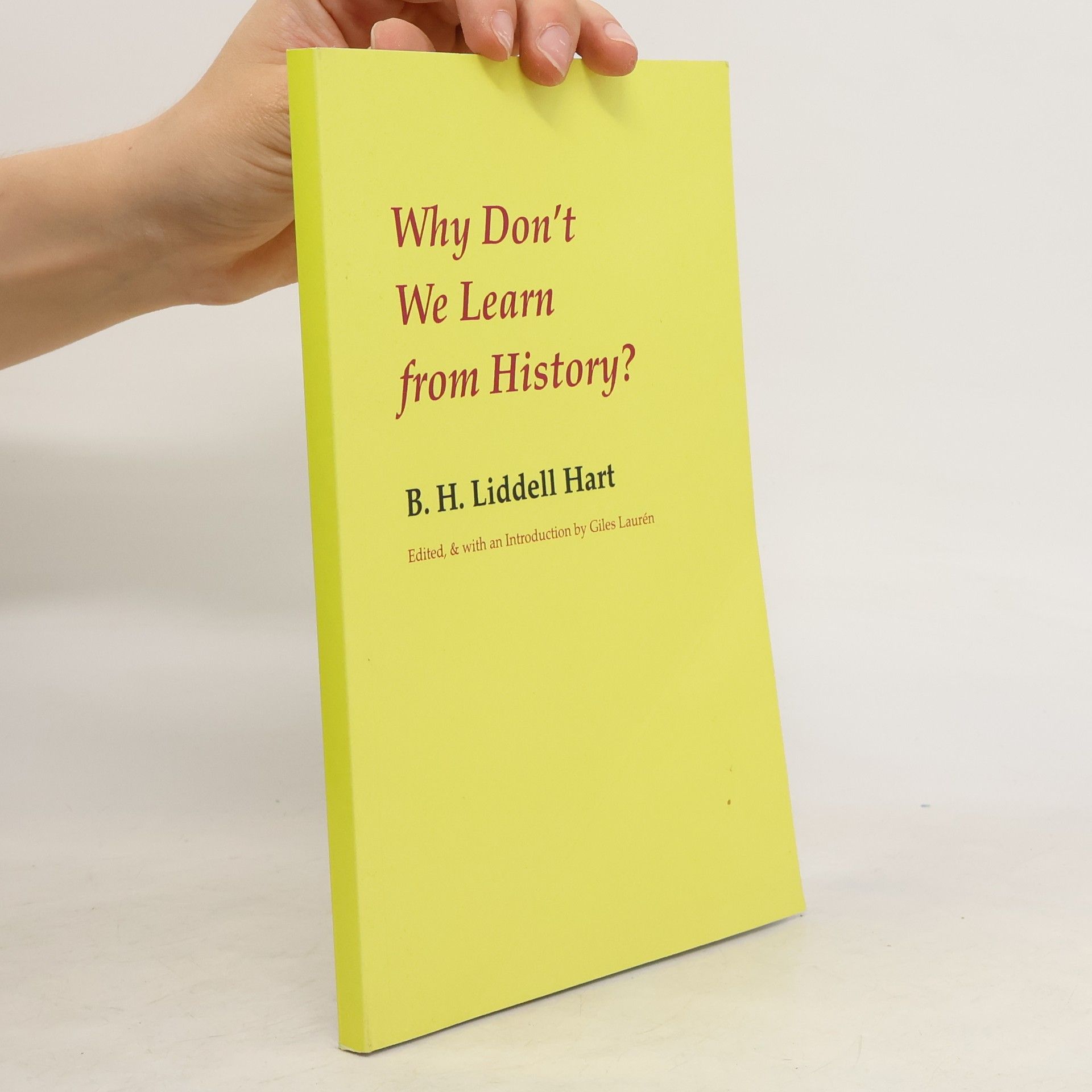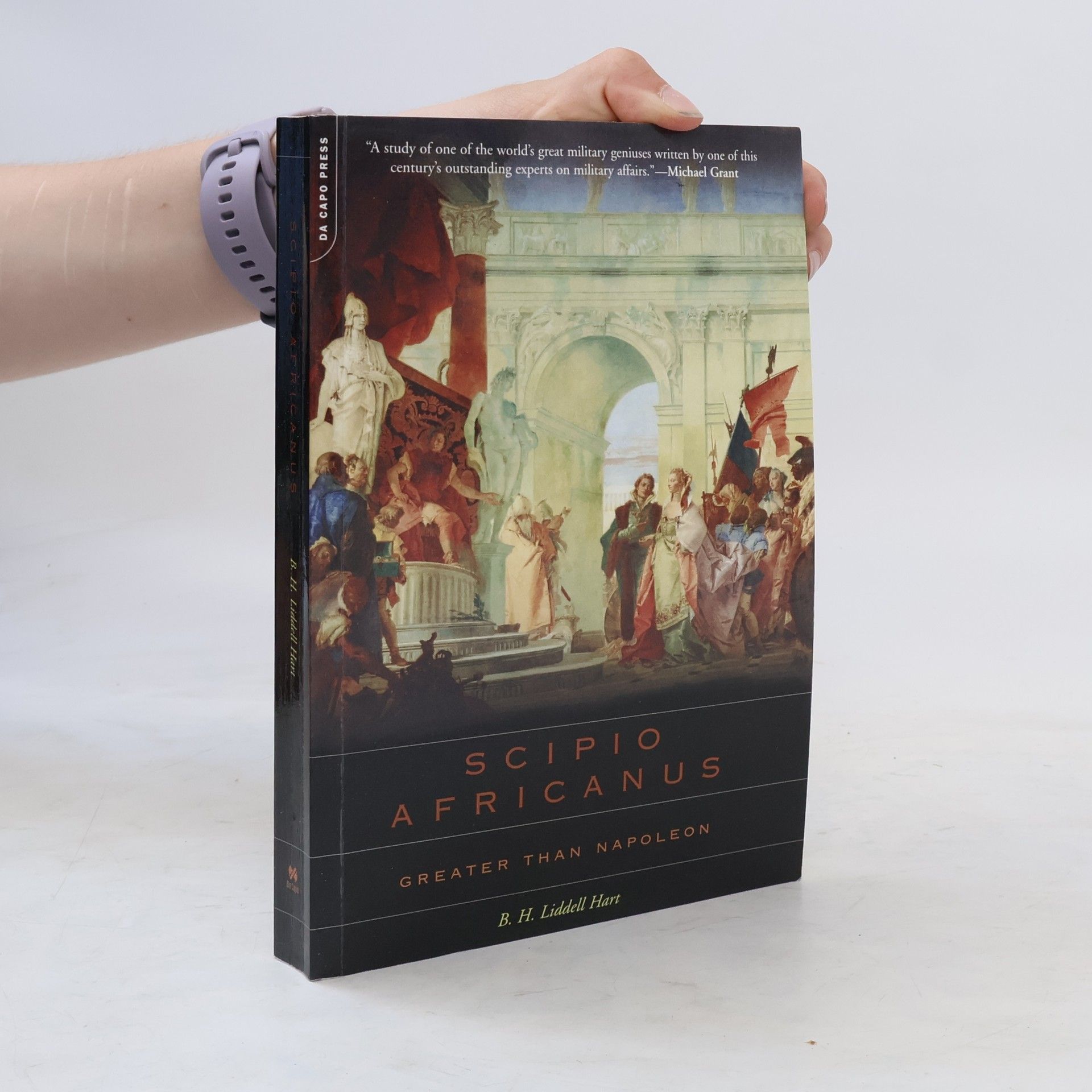Evento epocale che sconvolse milioni di persone, la Grande Guerra scaraventò i Paesi belligeranti in un conflitto totale di proporzioni inaudite e dagli effetti spietati. Basil Liddell Hart, grande teorico dell’arte militare, ci offre un’ampia ricostruzione storica dei fatti, dei retroscena e dei personaggi che portarono ai giganteschi massacri nelle tragiche battaglie combattute su tutti i fronti. Avvalendosi di una sterminata documentazione tratta da archivi, diari e testimonianze, l’autore indaga gli eventi che segnarono l’esito della guerra, dagli scontri che mutarono gli equilibri delle forze in lotta agli errori e intuizioni dei generali di entrambi gli schieramenti, fino all’intreccio di fattori militari e psicologici che condussero alla sconfitta dell’alleanza austro-tedesca: il risultato è un’opera esemplare per completezza e rigore, che evidenzia in prospettiva i fili conduttori della guerra e ci restituisce tutta la grandezza di un evento che ebbe ripercussioni decisive sulla storia del XX secolo.
Basil Henry Liddell Hart Libri
Un soldato e storico militare britannico, emerso come un importante teorico del periodo tra le due guerre. Il suo lavoro approfondisce il pensiero strategico e l'analisi dei conflitti militari. Esplora i principi fondamentali della guerra e il loro impatto sui risultati storici. Le sue intuizioni su tattica e strategia hanno plasmato le dottrine militari per decenni.

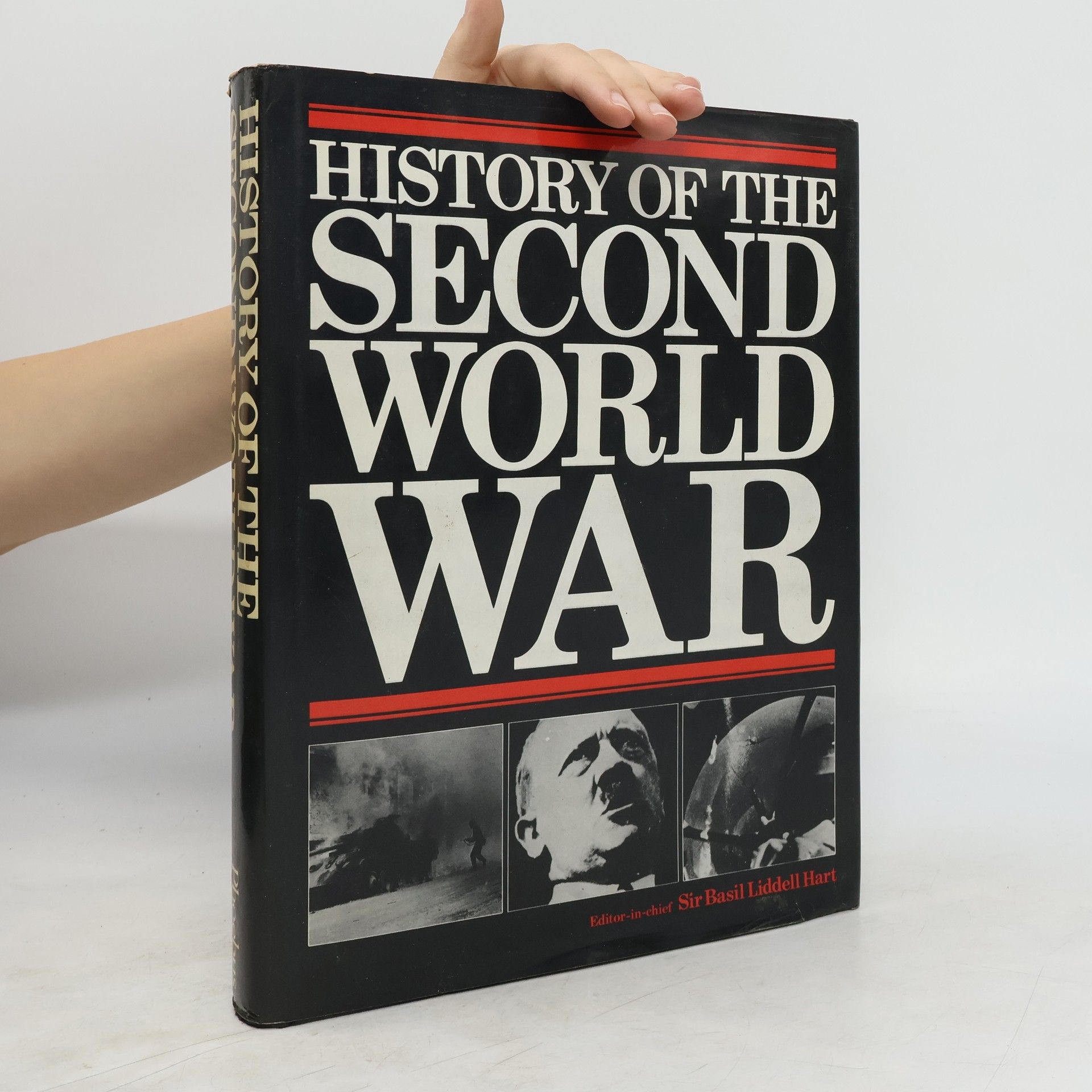

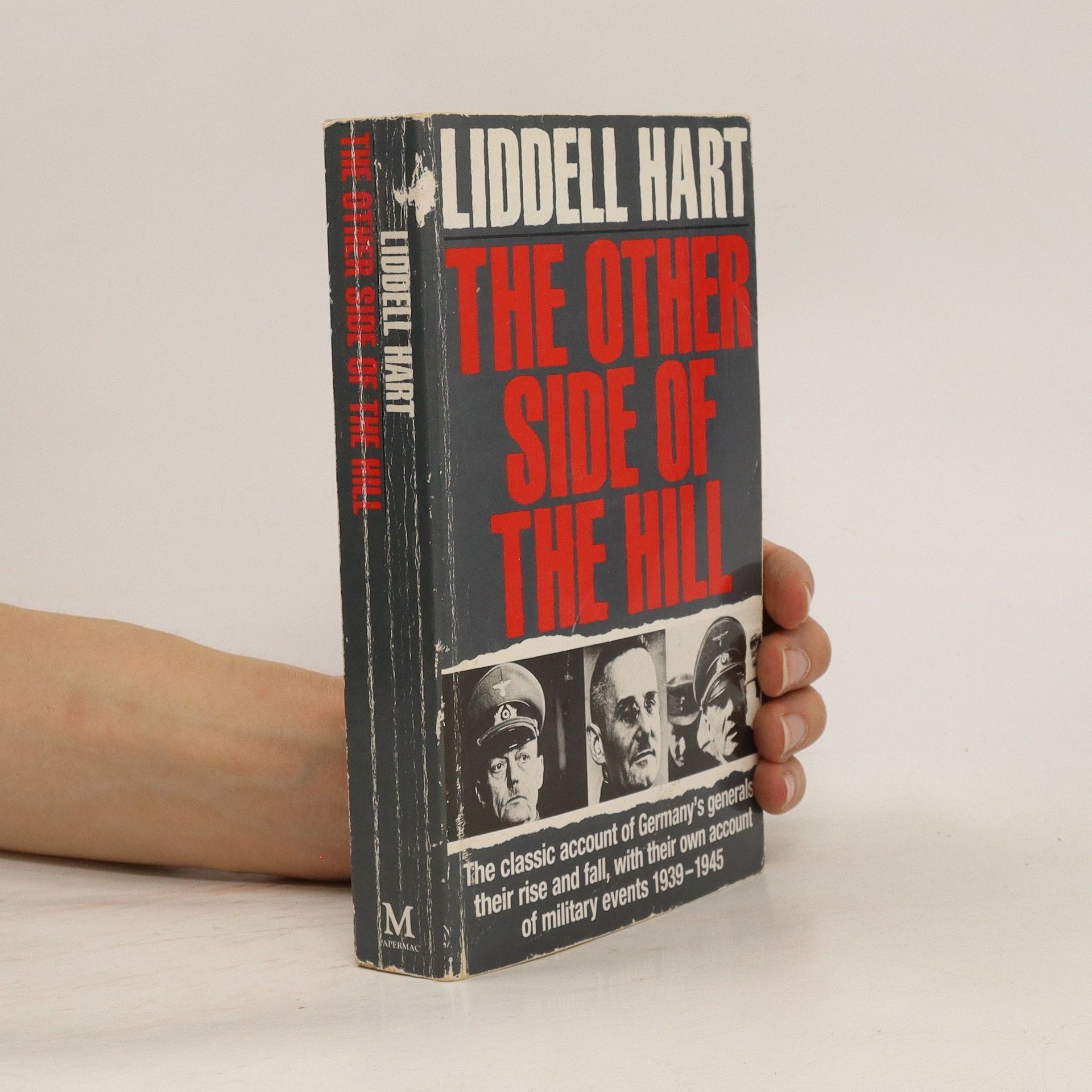
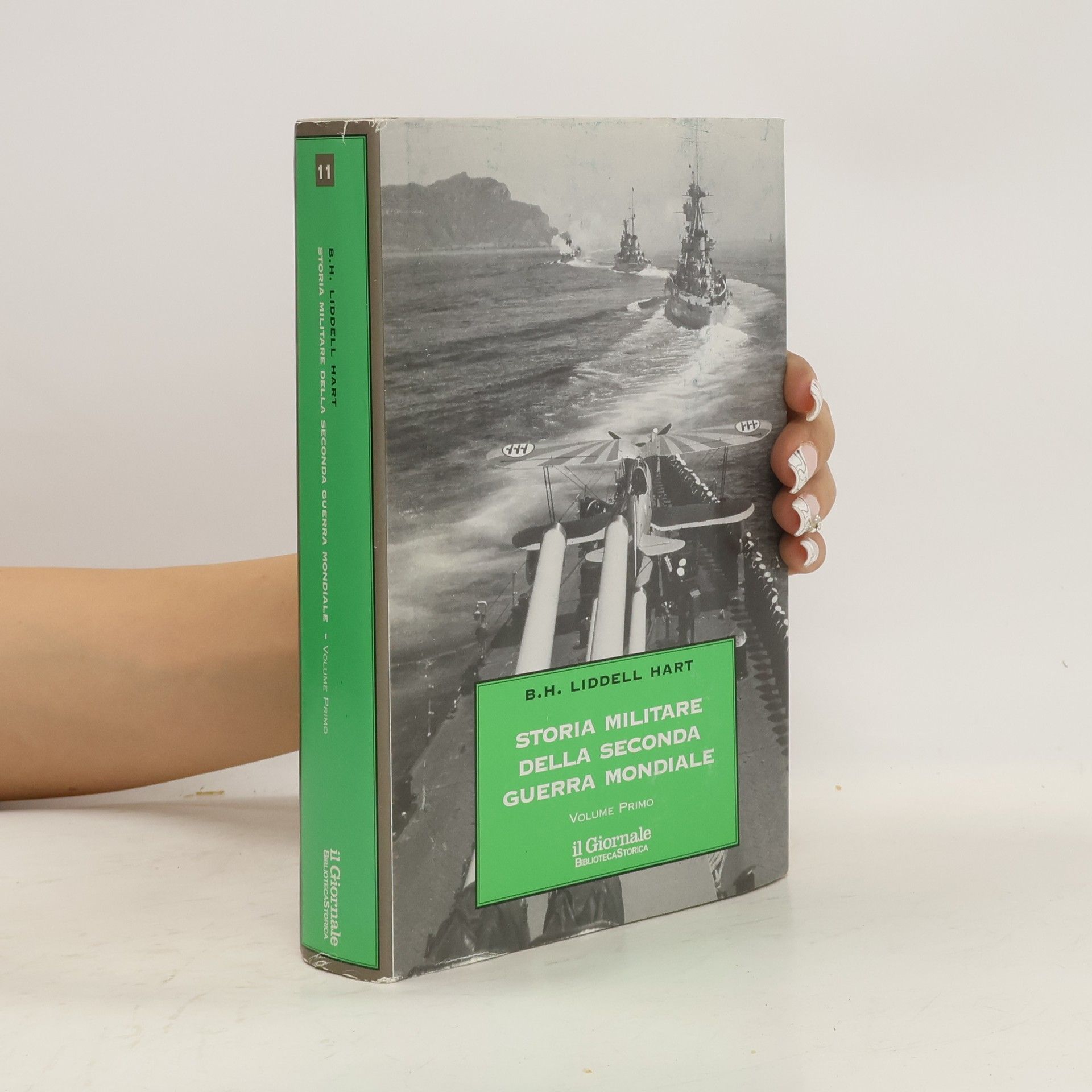
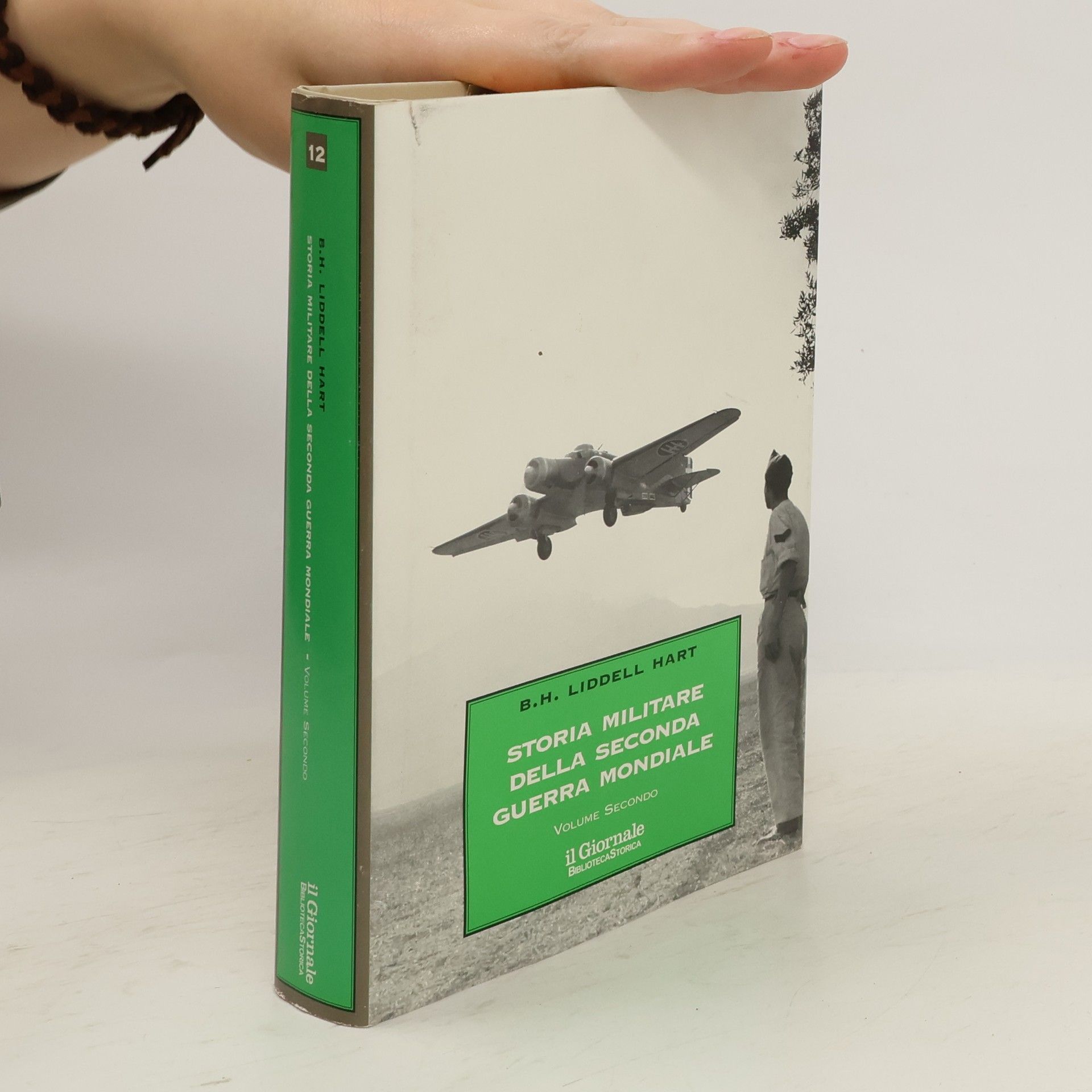

The other side of the hill
- 480pagine
- 17 ore di lettura
This is an account of Germany's generals, their rise and fall and their own accounts of military events from 1939-45, from Guderian's masterly sweep into Poland to the bitter and bloody battles of Rommel in the Western Desert and von Paulus in the Russian snow.
The Strategy Of Indirect Approach
- 338pagine
- 12 ore di lettura
This is a reproduction of a book published before 1923. This book may have occasional imperfections such as missing or blurred pages, poor pictures, errant marks, etc. that were either part of the original artifact, or were introduced by the scanning process. We believe this work is culturally important, and despite the imperfections, have elected to bring it back into print as part of our continuing commitment to the preservation of printed works worldwide. We appreciate your understanding of the imperfections in the preservation process, and hope you enjoy this valuable book.
History of the Second World War, B.H. Liddell Hart's last work as well as his magnum opus, embodies the fruits of 20 years of research & a lifetime of thinking on war. It abounds with controversial judgments, including provocative assertions about the true causes behind France's defeat in 1940, Hitler's failed invasion of Russia & Japan's stunning victory at Pearl Harbor; the effectiveness of the Allies' strategic bombing of Germany; the questionable necessity of detonating atom bombs over Hiroshima & Nagasaki; & much more. This monumental history is both a crowning achievement & a final summation by one of the greatest military thinkers of the 20th century.
The Letters of Private Wheeler
- 292pagine
- 11 ore di lettura
The first-hand account of a Private in Wellington's Army - vividly portrayed through his own letters. 'Simply marvellous' TES
An essential collection of the wartime writings and diary of World War II German Field Marshal Erwin Rommel, edited with commentary by one of the great military theorists of our timeWhen Erwin Rommel died-by forced suicide at Hitler's command-he left behind in various ingenious hiding places the papers that recorded the story of his dramatic career and the exact details of his masterly campaigns. It was his custom to dictate each evening a running narrative of the day's events and, after each battle, to summarize its course and the lessons to be learned from it. He wrote, almost daily, intimate and outspoken letters to his wife in which his private feelings and-after the tide had turned-forebodings found expression. To this is added by Rommel's son Manfred the story of the field marshall's last weeks and the final day when he was given the choice of an honorable suicide or an ignominious trial for treason. An engrossing human document and a rare look at the mind of the "Desert Fox," The Rommel Papers throws an interesting light on the Axis alliance and on the inner workings of Hitler's high command.
Why Don't We Learn from History?
- 126pagine
- 5 ore di lettura
Much has been written on the Theory of History by philosophers and historians, but nothing so concise and readable as Liddell Hart's Why Don't We Learn from History; the kind of title that makes one wonder and consider.
Scipio Africanus (236-183 B.C.) was one of the most exciting and dynamic leaders in history. As commander he never lost a battle. Yet it is his adversary, Hannibal, who has lived on in the public memory, due mostly to his daring march through the Alps with his elephants. At the Battle of the Ticinus, Hannibal's initial encounter with Roman arms, young Scipio first tasted warfare, rescuing his dangerously wounded, encircled father, who was also the Roman commander. By nineteen Scipio was the equivalent of a staff colonel and in 210 B.C. he was placed in supreme command. In three years he destroyed Carthaginian power in Spain and, after being made consul, took his forces to Africa, where he conquered Carthage's great ally, Syphax. Two years later he clashed with Hannibal himself, annihilating his army in the decisive Battle of Zama. For this triumph and his other exploits in the Punic Wars, Scipio was awarded the title Africanus.In his fascinating portrait of this extraordinary commander, B. H. Liddell Hart writes, "The age of generalship does not age, and it is because Scipio's battles are richer in stratagems and ruses -- many still feasible today -- than those of any other commander in history that they are an unfailing object lesson." Not only military enthusiasts and historians but all those interested in outstanding men will find this magnificent study absorbing and gripping.
